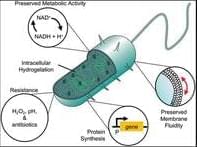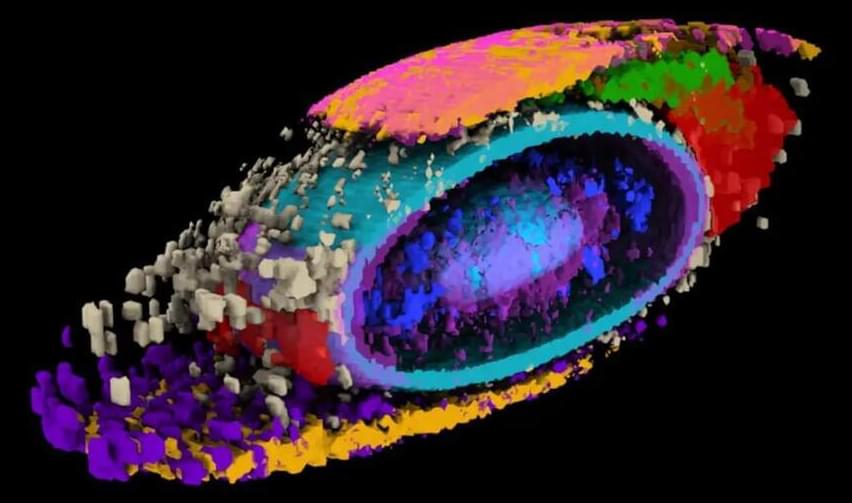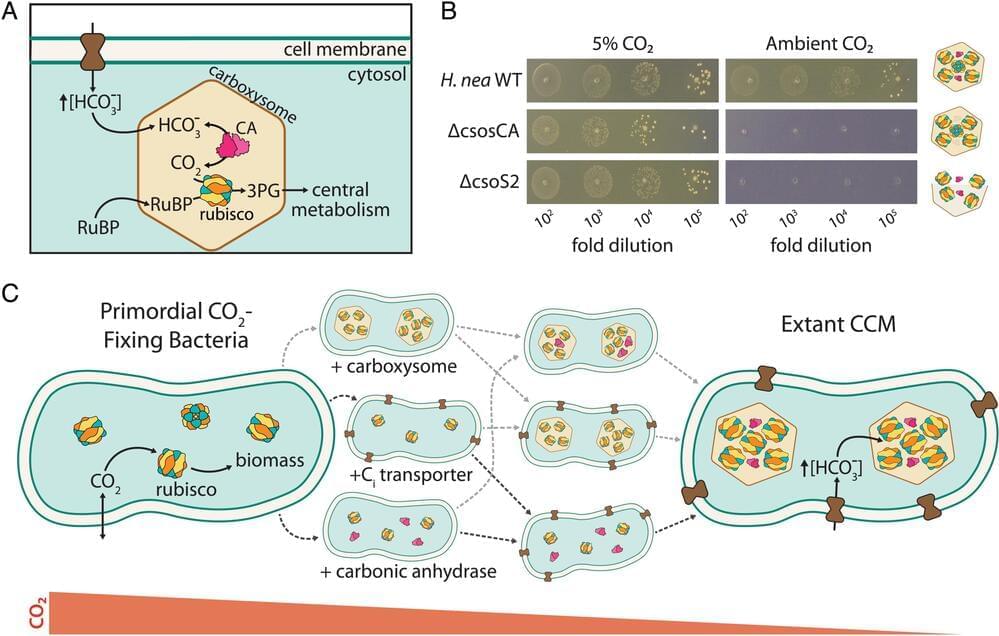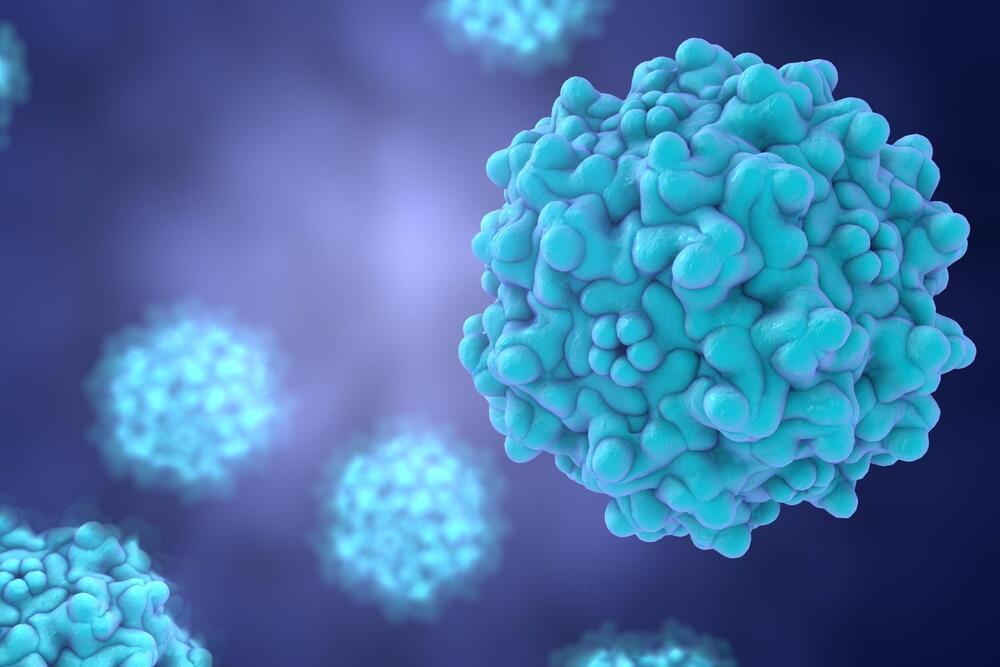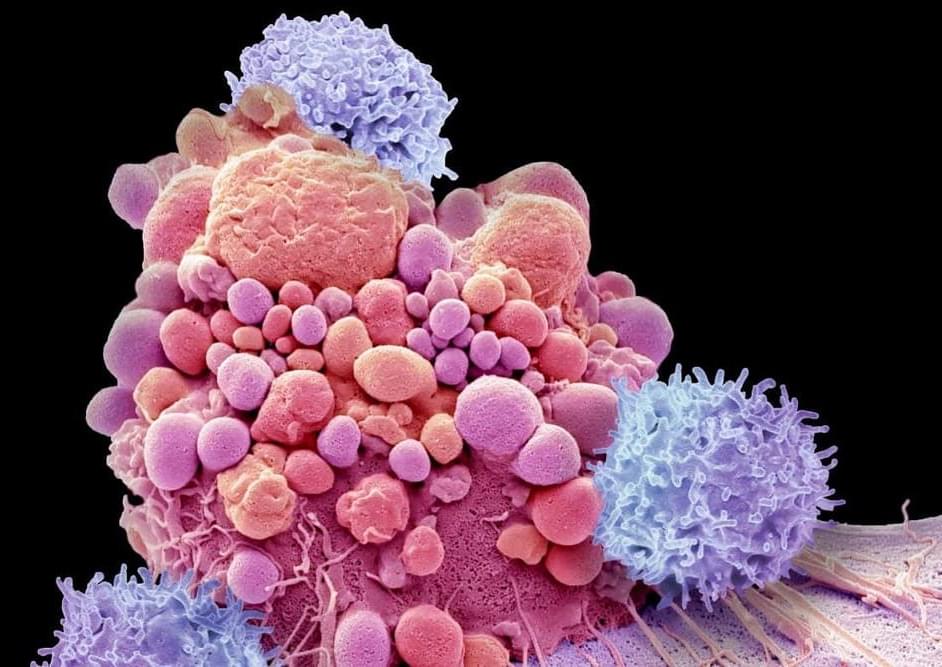Advancing Geroscience & Gerotherapeutics — Dr. Nir Barzilai, MD, Albert Einstein College of Medicine.
Dr. Nir Barzilai, MD (https://www.einsteinmed.edu/faculty/484/nir-barzilai/) is the Director of the Institute for Aging Research at the Albert Einstein College of Medicine and the Director of the Paul F. Glenn Center for the Biology of Human Aging Research and of the National Institutes of Health’s (NIH) Nathan Shock Centers of Excellence in the Basic Biology of Aging. He is the Ingeborg and Ira Leon Rennert Chair of Aging Research, professor in the Departments of Medicine and Genetics, and member of the Diabetes Research Center and of the Divisions of Endocrinology & Diabetes and Geriatrics.
Dr. Barzilai’s research interests are in the biology and genetics of aging, with one focus of his team on the genetics of exceptional longevity, where they hypothesize and demonstrate that centenarians (those aged 100 and above) may have novel protective genes, which allow the delay of aging or for the protection against age-related diseases. The second focus of his work, for which Dr. Barzilai holds an NIH Merit award, is on the metabolic decline that occurs during aging, and his team hypothesizes that the brain leads this decline with some very interesting neuro-endocrine connections.
Dr. Barzilai is currently leading an international effort to approve drugs that can target aging (Gerotherapeutics). Targeting Aging with METformin (TAME) is a specific study designed to prove the concept that a basket of diseases (multi-morbidities) of aging can be delayed simultaneously, in this protocol by the drug metformin, working with the FDA to approve this approach which will serve as a template for future efforts to delay aging and its diseases in humans.
Dr. Barzilai has received numerous grants, among them ones from the National Institute on Aging (NIA), American Federation for Aging Research, the Ellison Medical Foundation and The Glenn Medical foundation. He has published over 280 peer-reviewed papers, reviews, and textbook chapters. He is an advisor to the NIH on several projects and serves on several editorial boards and is a reviewer for numerous other journals.

